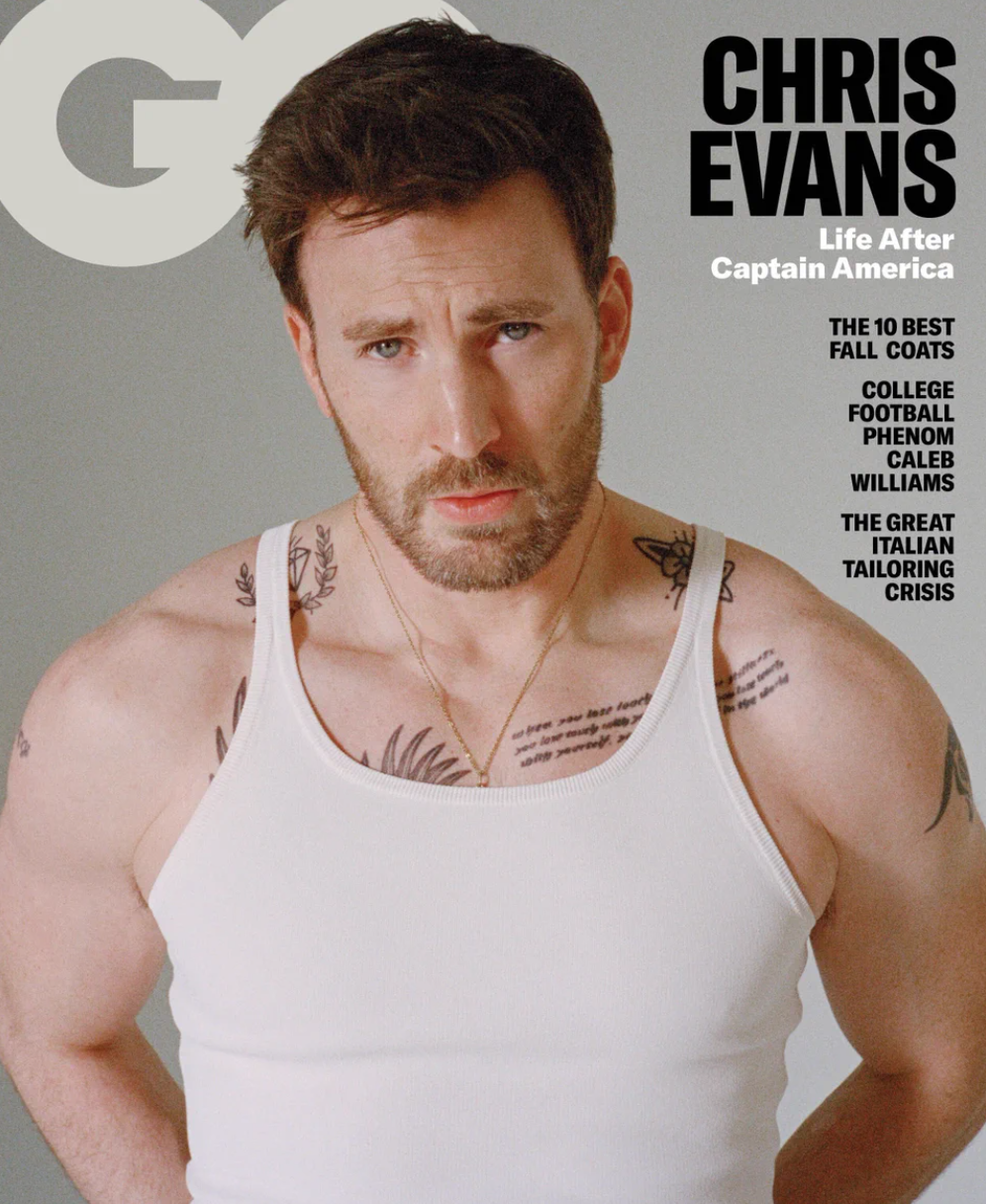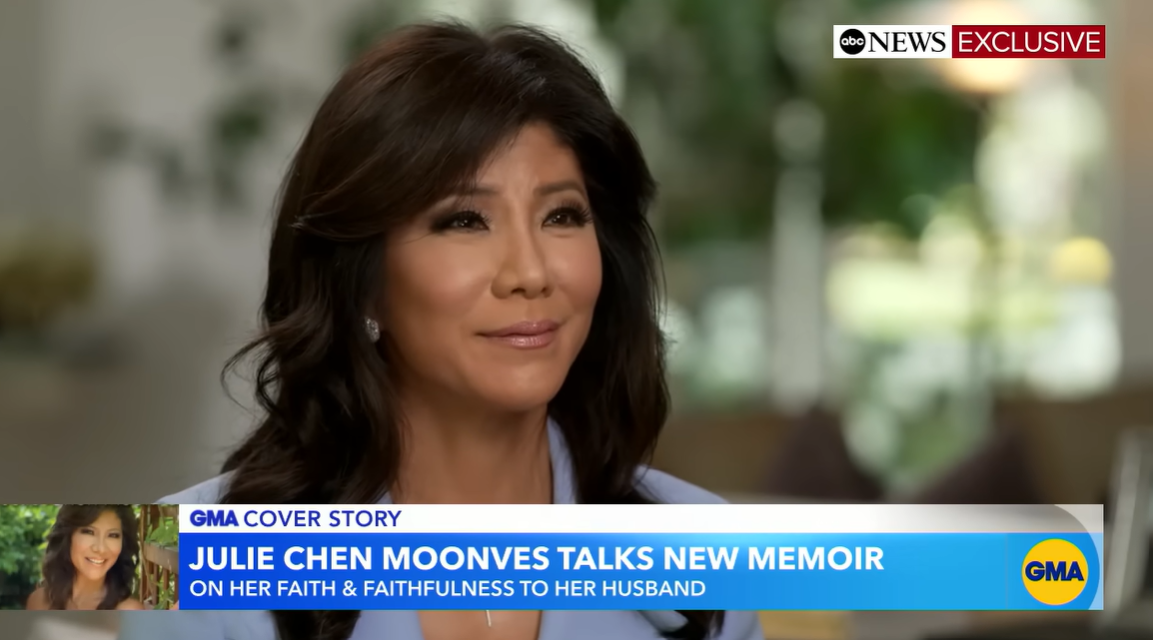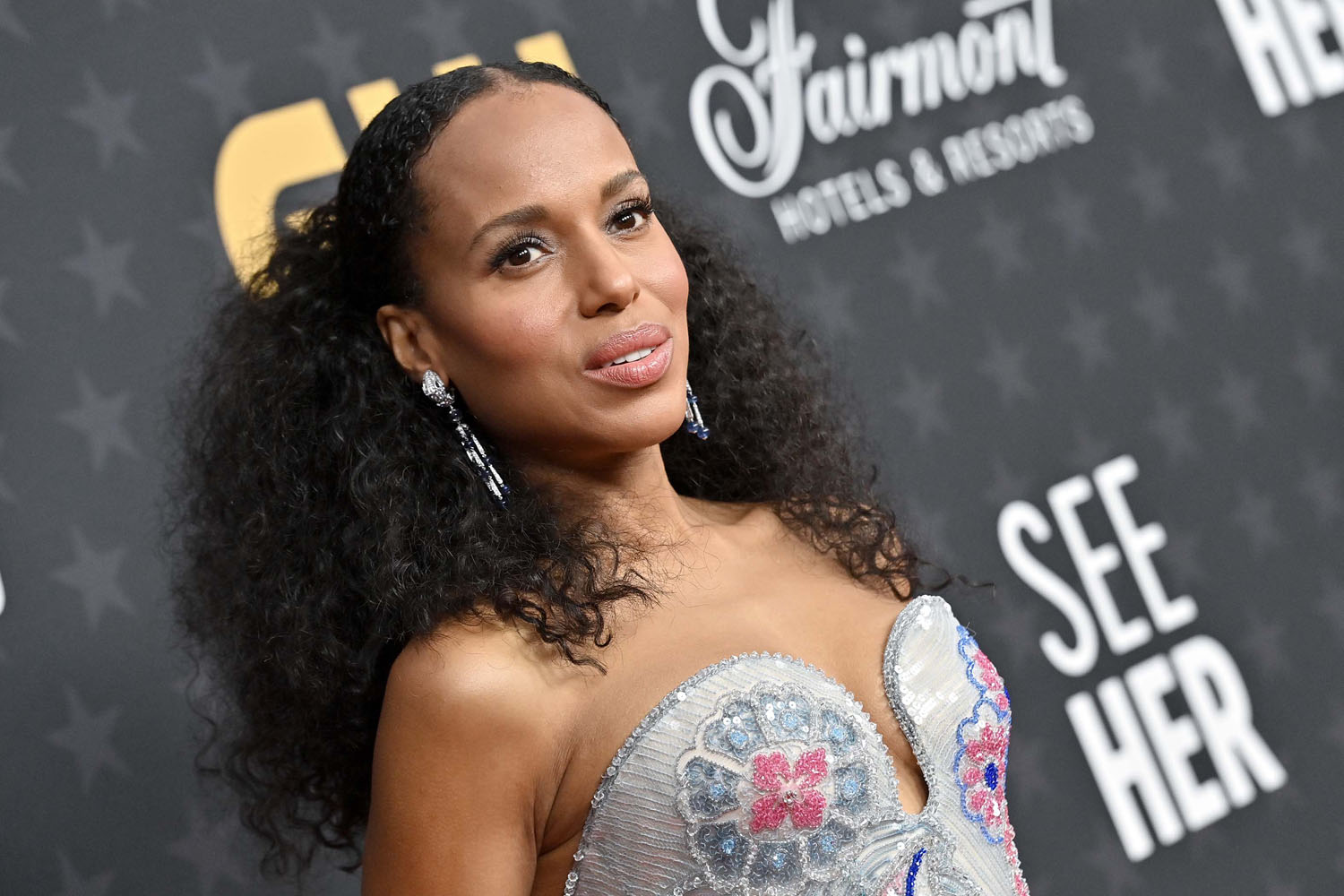Chris Evans is trying not to care



Chris Evans covers the October issue of GQ and he’s described as a “reluctant leading man”. Because, of course, as we can see from the photos, Chris Evans certainly looks like a leading man, he fits the physical description of what Hollywood has conventionally packaged as a leading man. Which is one of the reasons why he was cast in the role he is most well-known for: Captain America Steve Rogers.
Much of this interview, then, is about how Chris has lived with this perception. Because that’s not how he sees himself. And it’s not an uncommon experience. So many actors become famous for a big splashy role and then they worry about being only seen as that character in that movie. Not everyone is Tom Cruise who seems perfectly happy being Pete Maverick Mitchell and/or Ethan Hunt forever and ever and ever.
Chris, however, has anxiety over it – and is rather candid in his expression of just how much he angsts over how he’s perceived. That’s the overarching theme of this profile by Zach Baron, even though Chris is there, ostensibly, to promote his work, what ends up happening is that he spends most of the time talking about how much he has, in the past, cared about what people think of him. And how hard he’s trying not to care what people think of him, and not worry about what they’ll think when they read this piece.
What I like about this, so much, is that, well, he’s Captain America – again, this is, supposedly, the male ideal. The character represents integrity, righteousness, unwavering strength in both his physicality and his values. But here’s Chris Evans going on at length about his insecurities, about his self-doubt, about his vanity. Because to be vain, to put ourselves at the center of every conversation, to think about how every story revolves around us, is human. It might not be the most attractive character trait, but it’s human. Humans are not perfect, we are constantly trying to find the balance between our impulses and our intentions. That’s true whether you're a celebrity or a civilian, no matter your gender or sexual orientation or cultural background. But we don’t often hear this from the leading man. That Chris Evans is sharing all of this in such a high profile interview, like Tom Holland who has also been super candid about his anxieties, is beautiful. It can be an encouragement to other men that they don’t have to fly around being a f-cking hero all the time, that it’s totally normal to hover over the threshold wondering if everybody in the next room hates you. And then beat yourself up because you shouldn’t be worrying if they hate you but you can’t help but worry if they hate you. This is pretty much Chris Evans. He too is worrying too much about whether or not you hate him. Maybe, as an actor, given how sensitive they are, he actually worries more than you do. Instead of putting up a front, which is what actors have done for a very long time, he’s not bothering with that shield anymore. I like this version of Chris very much.
But I do wonder about the rollout of all these interviews in these striking times. GQ notes that the interview and the photo shoot were conducted before SAG-AFTRA issued the work stoppage. This tracks with print deadlines and schedules so there’s nothing shady here about Chris’s timeline. He didn’t show up at TIFF to promote Pain Hustlers, which premieres on Netflix in a few weeks, so he’s adhering to the guidelines and, besides, he barely talks about the film in the piece anyway. But this should be the beginning of the last round of banked press that was performed before the union went on strike. As we get deeper into the fall, the magazine covers and interviews should dwindle down over the next few weeks. Because if we’re seeing the October cover stories reflect the work that was happening in late June and early July, then technically we should be done with it by the time of the November cover stories. Unless, you know, they had a six-month lead on an interview with a star who has a holiday project coming out. Which… like… I work in media and that’s a LONG gap between interview and release.

